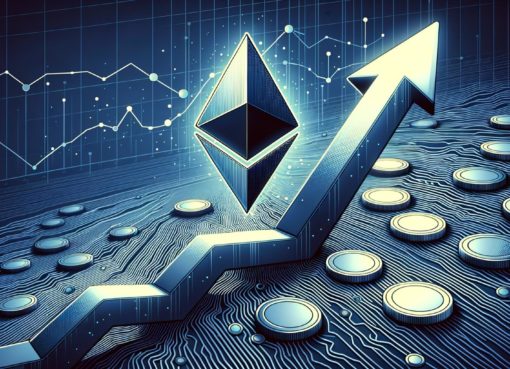High energy prices can have a cascading effect on other sectors of the economy, contributing to the overall rise in consumer prices.
The European Central Bank (ECB) has announced its 10th consecutive hike in its main interest rate. This decision has catapulted the Central Bank’s main deposit facility rate from -0.5% in June 2022 to a historic 4%.
The ECB’s Commitment to Tackling Inflation
While this decision may seem drastic, it reflects the ECB’s unwavering commitment to controlling rising inflation in the Eurozone. The decision to raise interest rates once again can be attributed to the ECB’s dedication to its price stability mandate.
ECB President Christine Lagarde, in a speech at the Jackson Hole symposium last month, emphasized that the battle against inflation was “not yet won.” Germany, the largest economy in Europe, has been experiencing continued deterioration, with business sentiment plummeting and both services and manufacturing sectors now in decline.
Notably, Germany is projected to be the sole major European economy to contract this year. The broader Eurozone economic picture is also gloomy, with business activity hitting its lowest level since November 2020 in August. However, some market observers had anticipated that the Central Bank might delay further interest rate hikes until October due to the increasingly bleak economic outlook.
The upward revisions in the ECB’s macroeconomic projections for the Euro area have played a pivotal role in this decision. With inflation projected to average 5.6% in the current year, the Central Bank is compelled to act to prevent inflationary expectations from becoming entrenched.
What makes this action notable is the Central Bank’s suggestion that further rate hikes may be postponed for the time being. The ECB highlighted in a statement that it believes the current interest rate levels are sufficient to contribute to the timely return of inflation to its target. It did, however, emphasize its commitment to keeping interest rates at suitably restrictive levels for as long as necessary.
Prior to this decision, economists and observers debated whether the doves (those arguing for more flexible monetary policy) or the hawks (those advocating for a tighter monetary stance) in Frankfurt would triumph at the September conference. Money markets had pegged a rate hike at approximately 63%, indicating growing expectations in the days leading up to the decision.
Factors Fueling the Recent ECB Rate Hike
Several factors have fueled inflation fears in recent times. Oil market reports have suggested tightening supply and higher prices throughout the year and beyond, which contributes to concerns about inflation.
High energy prices can have a cascading effect on other sectors of the economy, contributing to the overall rise in consumer prices. This trend only added to the urgency of the ECB’s response.
Additionally, a Reuters article published on Wednesday, citing a source, indicated that the ECB expects eurozone inflation to remain above 3% in 2024. This news further fueled market bets on an impending rate hike.
In line with market expectations, the ECB announced a 25 basis point increase in its main interest rate, pushing it to a historic high of 4%. This move also affected other interest rates within the ECB’s toolkit, with the rates on its main refinancing operations and marginal lending facility both rising by 25 basis points, reaching 4.5% and 4.75%, respectively.
Benjamin Godfrey is a blockchain enthusiast and journalist who relishes writing about the real life applications of blockchain technology and innovations to drive general acceptance and worldwide integration of the emerging technology. His desire to educate people about cryptocurrencies inspires his contributions to renowned blockchain media and sites.
Subscribe to our telegram channel.
Join




